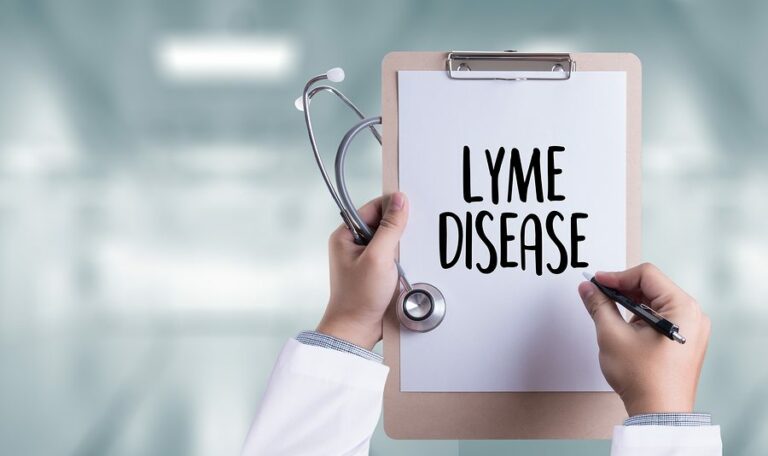
Lyme disease is a disease transmitted mostly by deer ticks, those tiny black spiders you might find on your pant legs after a walk in a wooded area or tall grass. According to the Center for Disease Control, over 300,000 people contract Lyme disease every year, and while for many this is treatable, for those who do not notice the symptoms or don’t notice them early enough, it can be fatal.
Since it is spread by tick bites, Lyme disease can affect anyone, of any age. It is especially problematic, though, in children and in older adults. Thusly, if your aging loved one has recently gone to a place where ticks are common, you and your senior care aide should be on the lookout for the following symptoms of Lyme disease:
- Flu-like symptoms – Fever, chills, muscle aches and joint pain, sweating, extreme fatigue, and nausea may seem like the symptoms of a flu virus, but in actuality, they could be much more than that. If your aging loved one is experiencing these symptoms, especially if they have not been exposed to a flu virus recently or have gotten a flu shot, it could be a sign of Lyme disease, and should be checked out by a doctor immediately.
- Bulls-eye rash – This is the most commonly noticed sign of Lyme disease. A round-ish red ring on any part of the body that resembles a target sign at a shooting range usually pinpoints the place where the person was bitten by the tick that infected them. If you notice any strange markings on your senior’s body, this could be a sign that something is going on that shouldn’t be.
- Facial drooping – Facial drooping is often a sign that one is having a stroke, so in any case, this should never be ignored. However, facial drooping can also be a sign of Lyme disease. This usually presents itself as one side of the face looking heavier than the other and drooping, almost as if the face is melting or being pulled by a heavy weight.
- Excessive fatigue – We already mentioned fatigue in the “Flu-like symptoms” section, but it bears repeating. After the bulls-eye rash, extreme fatigue is the second most commonly noticed sign of Lyme disease. If your aging parent is constantly tired for seemingly no reason, this could be a sign that the body is trying to fight off an illness beneath the surface. Fatigue is another symptom that should never be ignored, so if your loved one is more tired than usual, consider getting a checkup to see what is going on.
Unfortunately, Lyme disease is difficult to diagnose yourself, because the symptoms appear differently in everyone, and sometimes none of these symptoms appear at all! It is important, though, for you and your senior care aide to be on the lookout for these symptoms, because the sooner Lyme disease is diagnosed, the better chance you have to treating and eliminating it.
If you or an aging loved one are considering hiring senior care in Greenville SC, contact Heart of the Carolinas Home Care at 864-991-3116. Providing Home Care Services in Greenville, Simpsonville, Greer, Anderson, Spartanburg, Mauldin, Seneca, Laurens, Charleston, Columbia and the surrounding areas.
- Is it Possible to Prevent Family Caregiver Burnout? - April 25, 2025
- Home Care Assistance Helps Seniors After A Fall - April 9, 2025
- How Home Care Supports Seniors Who Are Hard of Hearing - March 28, 2025

